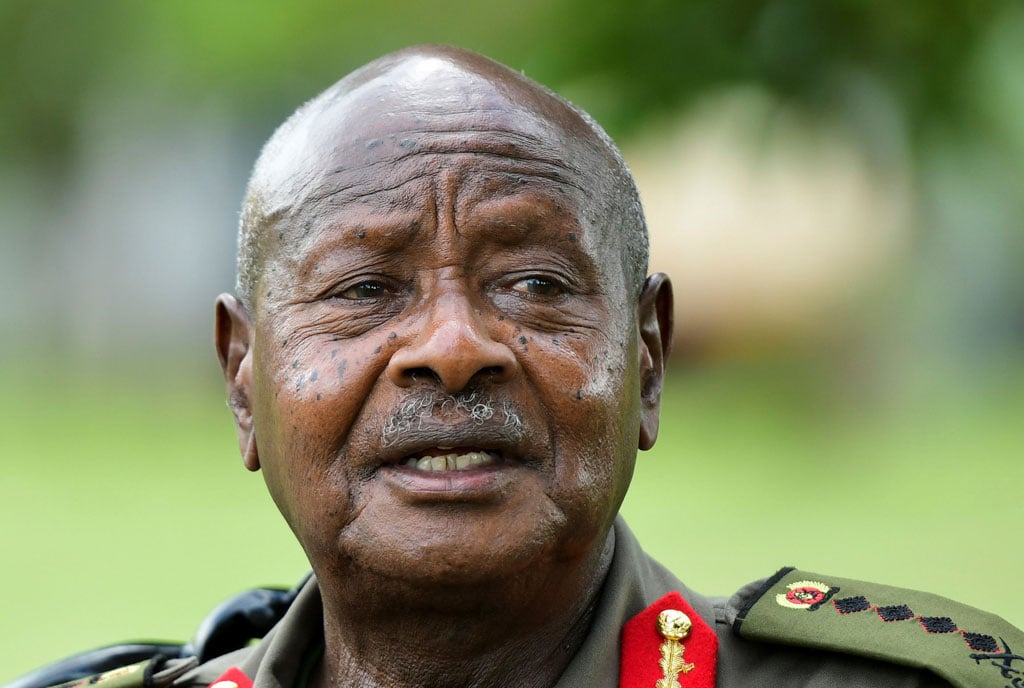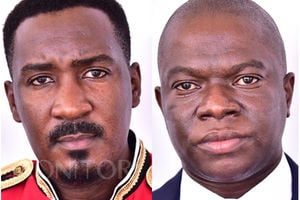
Shiella Nakabiri
Uganda has more than 18 Anti-Corruption laws, including the Constitution of Uganda, 1995; the Anti-Corruption Act 2009 (as amended) and the Leadership Code Act 2002 (as amended), with numerous institutions charged with implementing these laws. These include the Office of the Director of Public Prosecutions, Anti-Corruption Court and Parliament Accountability Committees, as well as the Local Government Public Accounts Committees that ensure accountability at the Local Government level. Government also continues to leverage Information and Communication Technology (ICT), for example through establishment of the e-government system to reduce human interaction in procurement processes and incidences of corruption.
Nonetheless, Corruption in Uganda continues to be systemic, endemic, syndicated and sophisticated, evolving from the gold scam in the 1970s to smuggling and tax evasion in the 1980s, petty survival-based corruption in the 1990s to the syndicated, multi-billion, technology-based, white-collar corruption that we see today. In 2023, Uganda ranked 141 out of 180 countries assessed in Transparency International’s Corruption Perception Index, falling behind her regional peers such as Rwanda, Tanzania and Kenya.
According to the Inspectorate of Government, Uganda loses about Shs9 trillion annually to corruption, which is approximately 18 percent of the national budget. In June 2024, the Anti-Corruption Court remanded three Members of Parliament (MPs) to prison on charges of corruption for allegedly soliciting money from the Uganda Human Rights Commission in order to increase the Commission’s budget. The right of an accused person to apply for bail is guaranteed under Article 23(6) of the Constitution of Uganda and, based on the presumption of innocence under Article 28(3) of the Constitution, court may grant bail. Indeed, one of the three MPs upon application was granted bail by court only to be re-arrested shortly outside the court premises by plain-clothed armed personnel. Such actions are contrary to the rule of law, undermine the independence of the Judiciary and intimidate judges not to grant bail to some persons.
President Museveni has called for stringent measures, including the denial of bail for those accused of corruption. During his speech at a joint leadership retreat in Kyankwanzi this month, the president said corruption would easily be defeated if the Judiciary would deny bail for those accused of the vice, where the prosecution is ready for trial. This is not the first time that Mr Museveni speaks about his intention to decisively fight corruption, yet the vice grows even stronger in view of the current context characterised by limited citizen engagement spaces, limited access to information and low responsiveness of duty-bearers, which has bred apathy.
While the President seems to only make an appeal to the Judiciary, it is noteworthy that as the fountain of honour and Head of State, his utterances carry substantial weight and, therefore, have a high level of influence on the decisions of judicial officers in the exercise of their discretionary power on granting or denying bail.
Under Article 99(3) of the Constitution, the President is charged with safeguarding the Constitution and laws of Uganda and cannot be seen advancing proposals to the contrary. In such circumstances, the most important action to effectively deal with corruption in Uganda today is the indiscriminate implementation of existing laws, coupled with the unwavering support of the President. Otherwise, denying bail for persons accused of corruption, would violate the human rights of suspected criminals. This cannot address the root causes of corruption but merely serves as a distraction to dealing with deeper systematic issues.
Ms Nakabiri works with the Anti-Corruption Coalition of Uganda.




